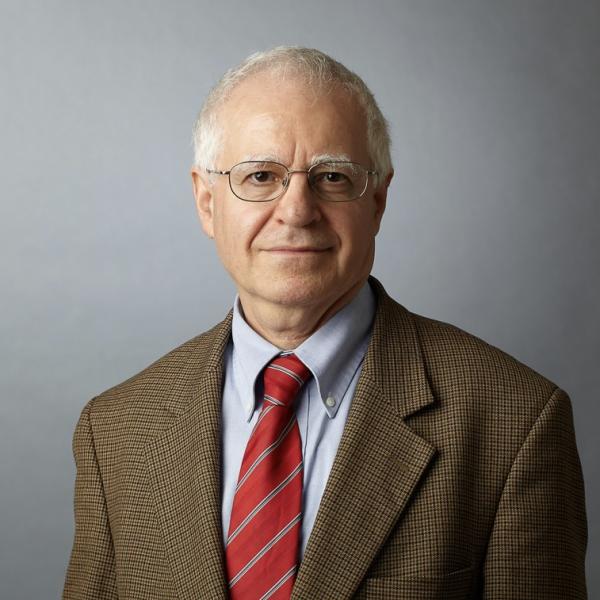Mechanical engineering is an expansive discipline, turning the wheels of a vast number of industries.
It’s crucial to manufacturing, biotechnology, energy, aerospace, robotics and nearly anything dealing with mechanical systems — making emerging innovations that much more important for mechanical engineers to have a firm grasp of.

Dr. Feridun Delale. Photo: CCNY
Dr. Feridun Delale heads the Mechanical Engineering Department at City College, the largest engineering department at the Grove School of Engineering (GSOE), and shared his vision for the department’s research evolving in response to technological advancements and industry needs over the coming years.
“Mechanical engineering is very broad,” Delale told The RICC. “It goes from machines to small devices, energy and robotics; it’s at the intersection of electronics and mechanical systems.”
The major research areas the department currently pursues have come from both the collective involvement Delale aims to foster among faculty, as well as the diversity of their research interests.
“I may have some idea of what we want to do, but I go and discuss it with the department, and we try to come up with a consensus, and then we try to execute our plan,” Delale said.
Through different projects, with partners such as the U.S. Department of Defense (DoD) and the U.S. Department of Energy (DOE) to the National Science Foundation (NSF), the mechanical engineering department’s focus predominantly revolves around three key areas Delale sees as vital: advanced materials, energy and robotics.
Delale’s own research, for example, has encompassed both theoretical and experimental studies in advanced materials science for the better part of his career.
The Army — with whom Delale has worked since 1995 — has shown recent interest in replacing mechanical joints on the bodies of military vehicles with adhesively bonded joints. These joints, whether bolted, riveted or welded, are especially vulnerable in high-impact environments, but replacing them with joints bonded with a structural adhesive may improve their performance and reduce weight.
Mechanical engineers will also be invaluable to the energy transition to a low-carbon economy.
The department’s research in nuclear and renewable energy includes projects supported by an assortment of partners. For example, Professor Taehun Lee’s research simulating thermal-hydraulics phenomena in advanced reactors is supported by the DOE, Professor Masahiro Kawaji’s studies of multiphase phenomena in complex fluids for the energy industry is supported by the NSF and Professor Prathap Ramamurthy’s research on sustainable heat pumps is supported by the Minority-Serving Institutions (MSI) STEM Research and Development Consortium (MSRDC).
In robotics research, the department has hired two new faculty members: Professor Inigo Sanz Pena, who works on exoskeletons, and Professor Bo Wang who studies the analysis, design, and control of autonomous systems.
With a stabilizing economic environment — coupled with a revolution in artificial intelligence — Delale shared that, while the future of the job market remains to be seen, he is confident mechanical engineering students will be equipped with skills that will always prove useful.
“Even with AI — they’re predicting a lot of jobs will be automated, or lost, but our students are smart,” he said. “They’ll find something.”
To students looking to the broad field of mechanical engineering for their careers and future research, Delale encourages them to take the time to find a niche they truly enjoy.
“Do the things you know that you’re passionate about — that would be my advice,” Delale said. “Every area is good, do whatever you like; then you will be successful.”
Judah is a senior at CUNY Baruch College, pursuing a major in journalism and minors in computer science and environmental sustainability. He is also the business editor for Baruch’s independent student newspaper, The Ticker, and co-managing editor for the Baruch Journalism Department’s magazine Dollars & Sense.